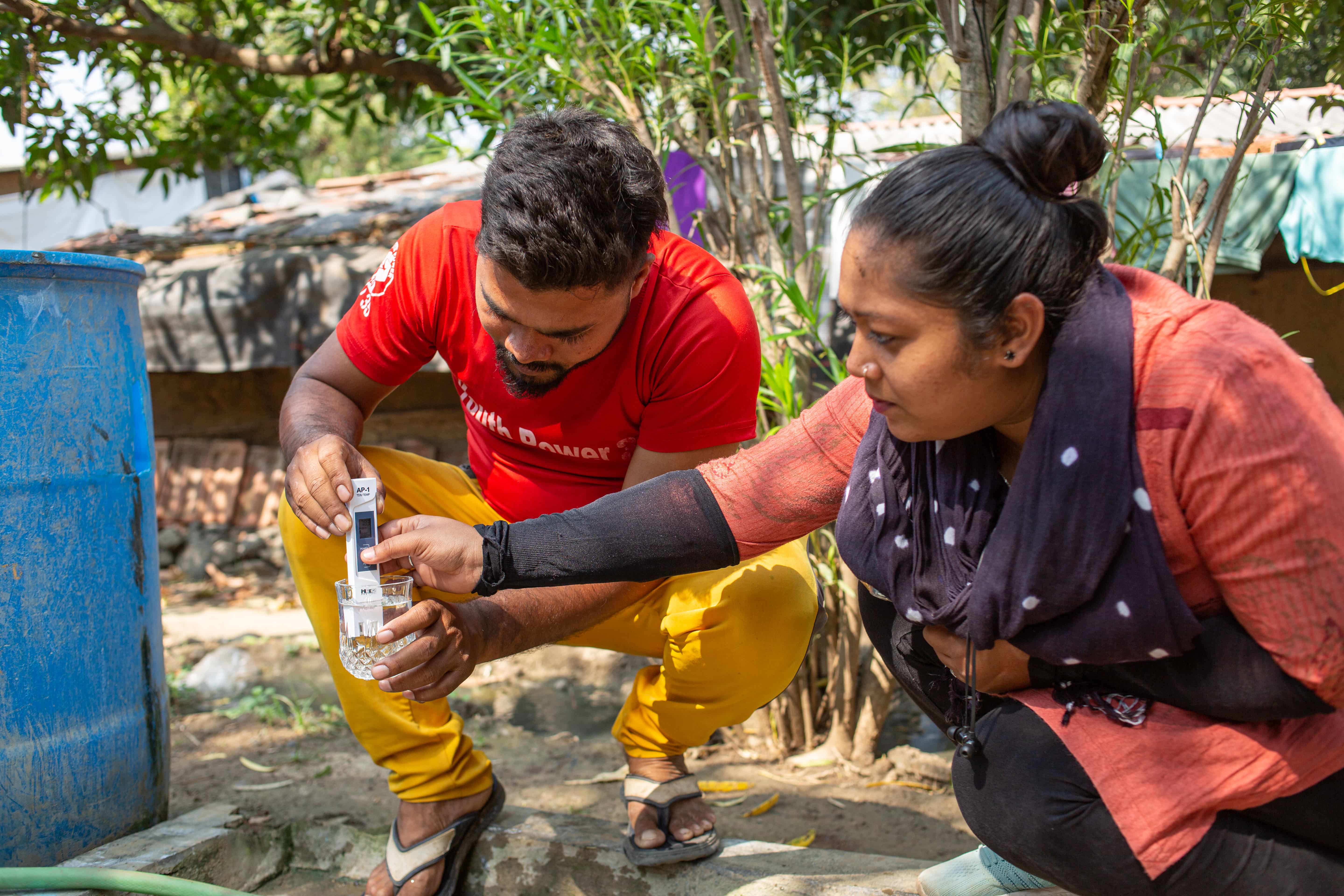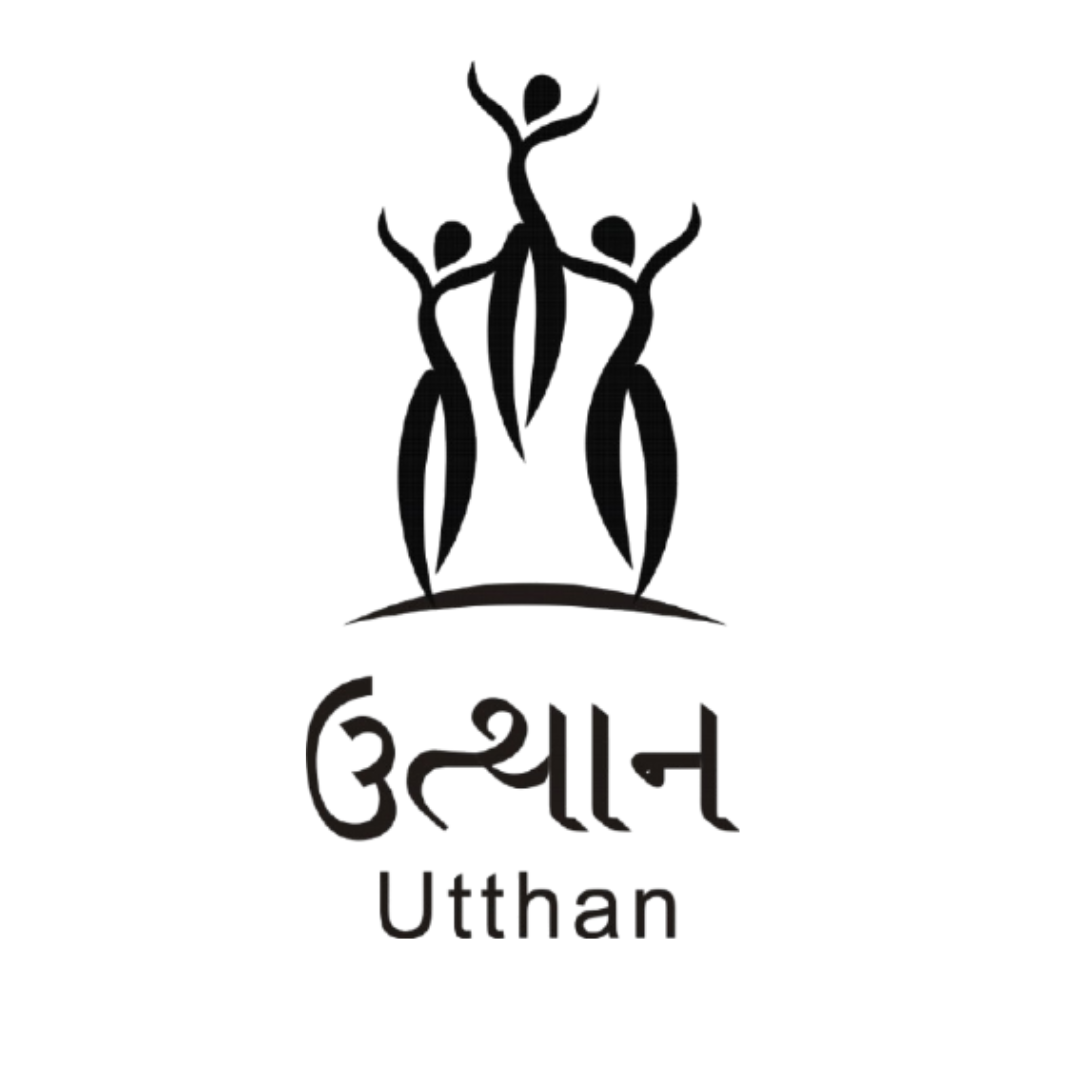36,Chitrakut Twins, Vastrapur, Ahmedabad Gujarat 380015
Water Security and WASH (Water, Sanitation, and Hygiene)
Why Water Security and WASH Matters
Access to safe drinking water, sanitation, and hygiene is central to human dignity, health, and sustainable rural development. In many underserved regions, communities—especially women, persons with disabilities, and marginalised groups—face persistent challenges related to water scarcity, poor water quality, and inadequate sanitation infrastructure. According to NFHS-5 (2019–21), over 50% of rural households in India still rely on water sources outside the home, and many lack access to safe, inclusive sanitation. These burdens fall disproportionately on women and girls.
A gender-just, community-owned, and inclusive approach to water and sanitation is essential for building equitable and climate-resilient communities.
Our Approach
Utthan promotes a holistic, community-led model of water governance, where local institutions—especially women and marginalised community members—play a central role in planning, managing, and sustaining water and sanitation systems. Our work extends beyond basic services. We focus on strengthening community ownership, building inclusive infrastructure, and enabling ecologically sound water resource management. We collaborate with government bodies, local governance institutions, and civil society networks to embed long-term sustainability and equity into public systems. We also contribute to national learning by documenting community-based models, building capacities of peer organisations, and participating in multi-stakeholder platforms focused on inclusive water governance.
What We Do
Utthan promotes community-led water security by strengthening Village Water & Security Committees (VWSCs) and rejuvenating traditional water sources to ensure sustainable and equitable access. Through hygiene and sanitation campaigns, it raises awareness of personal and menstrual health. The organisation builds gender-responsive, accessible sanitation infrastructure and integrates eco-sensitive water planning with public employment schemes like MGNREGA. It also trains women, youth, and local leaders in WASH-related skills and embeds inclusive practices into governance systems. As a National Resource Agency, Utthan has supported civil society groups across five states adopting gender-just WASH models.

Impact Highlights (2023–24)
- 6 villages in Bharuch district saw targeted improvements in sanitation and hygiene practices
- 141 new or renovated toilets constructed and 149 soak pits built
- Over 120 community awareness sessions conducted, including school-based engagement on hygiene and menstrual health
- 6 WASH Committee members trained in water testing using field kits
- 12 local masons trained in sanitation infrastructure construction and maintenance
- Continued mentoring of 20 CSOs across 5 states under Utthan’s role as a National Resource Agency with BRLF (Bharat Rural Livelihood Foundation

